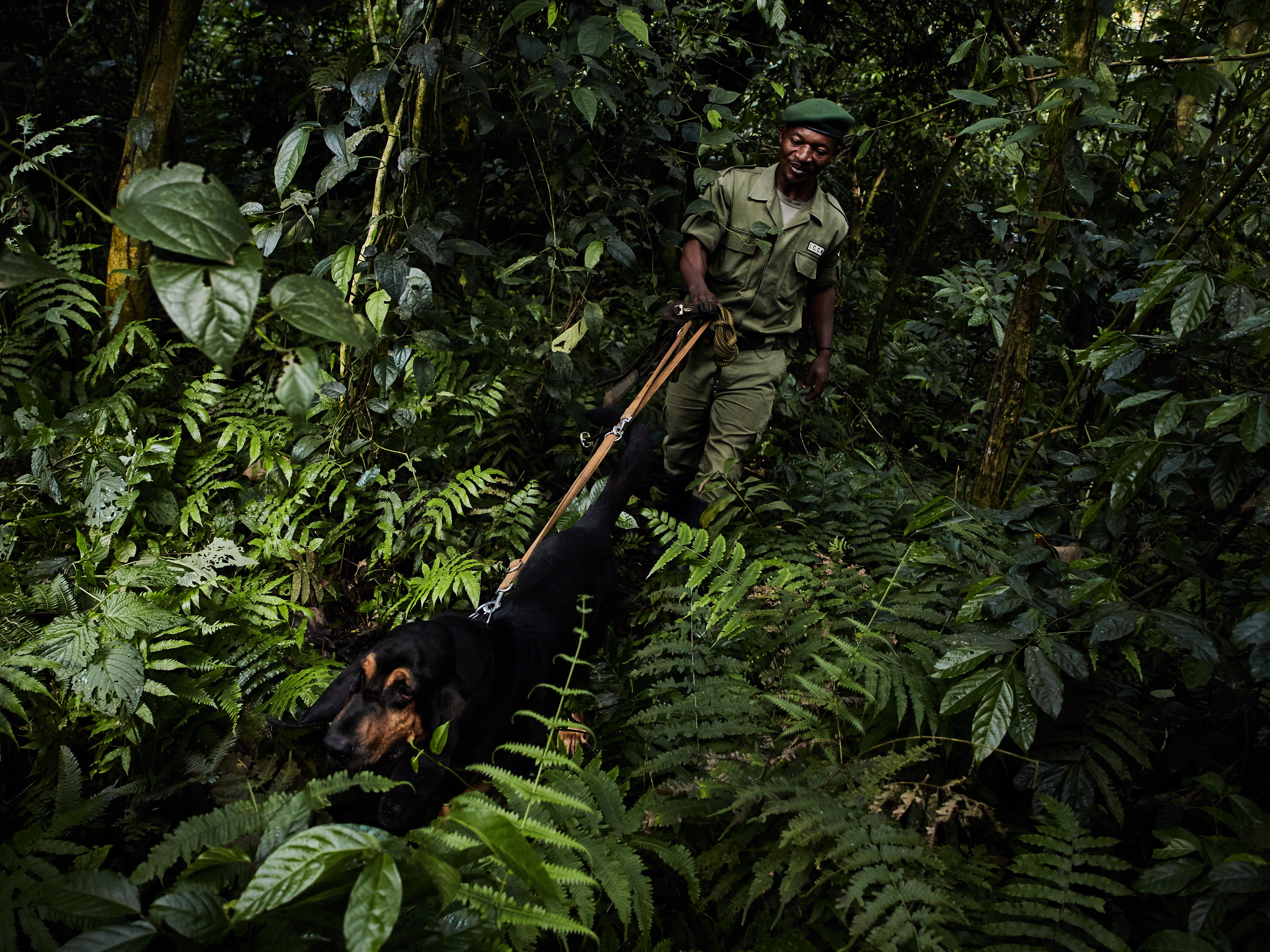Gunmen kill rangers working in DRC national park home to critically endangered mountain gorillas
Ambushed officers ‘taken by surprise and had no opportunity to defend themselves’

Your support helps us to tell the story
From reproductive rights to climate change to Big Tech, The Independent is on the ground when the story is developing. Whether it's investigating the financials of Elon Musk's pro-Trump PAC or producing our latest documentary, 'The A Word', which shines a light on the American women fighting for reproductive rights, we know how important it is to parse out the facts from the messaging.
At such a critical moment in US history, we need reporters on the ground. Your donation allows us to keep sending journalists to speak to both sides of the story.
The Independent is trusted by Americans across the entire political spectrum. And unlike many other quality news outlets, we choose not to lock Americans out of our reporting and analysis with paywalls. We believe quality journalism should be available to everyone, paid for by those who can afford it.
Your support makes all the difference.A group of armed men have ambushed and killed six rangers working within Virunga National Park – home to some of the world's last mountain gorillas – in the Democratic Republic of the Congo.
A seventh ranger was seriously wounded in the assault by gunmen in Nyamitwitwi, located in the Rutshuru area of the park, and was taken to hospital in the city of Goma, but his injuries are not considered to be life-threatening.
The victims, aged between 25 and 30, were killed while on foot patrol inside the 3,000 square-mile park.
A statement from the Virunga National Park said the attack happened at 7.30am on Sunday.
“Preliminary investigations indicate that the rangers were taken by surprise and had no opportunity to defend themselves, and that those responsible for the attack are local Mai-Mai groups,” it said.
“Virunga National Park deeply regrets the tragic loss of life among its rangers, who work tirelessly and with dedication to protect both the park and the neighbouring communities from the tyranny of armed groups. Their sacrifice will not be forgotten nor be in vain.
“All efforts will be undertaken to bring the perpetrators to justice and sustain the rule of law within the park.
“Virunga National Park remains committed to delivering development initiatives that benefit local people and the wider region, and to working in partnership with local communities to bring peace and prosperity to many millions of people whose lives have for too long been blighted by conflict and the activities of armed groups.
“The thoughts and prayers of everyone at Virunga National Park are with the families and friends of all the victims, as well as the injured Ranger.”
There was no immediate claim of responsibility, though past attacks on Virunga park rangers have been blamed on several armed groups that vie for control of eastern Congo's natural resources.
Among those rebel groups is the Democratic Forces for the Liberation of Rwanda, known by its French acronym FDLR, an ethnic Hutu group opposed to the government of neighbouring Rwanda and one of the last factions of Rwandan rebels active in the Congo.
In April 2020, an ambush near the Virunga National Park killed 12 rangers and five civilians, and critically injured several others.
More than 200 rangers have been killed since Virunga became a national park in 1925, officials say.
The area was Africa’s first national park and has been a Unesco World Heritage Site since 1979.
However in recent years poaching and the Congo Civil War have seriously damaged its wildlife population.
Additional reporting by Reuters

Join our commenting forum
Join thought-provoking conversations, follow other Independent readers and see their replies
Comments